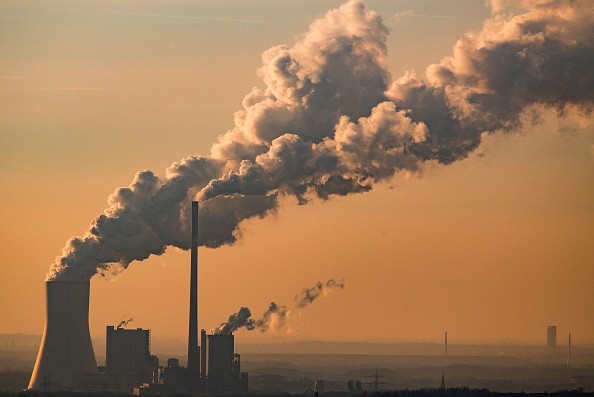According to recent scientific research, over half of existing fossil fuel production facilities must be shut down early if global warming is kept below 1.5 degrees Celsius, the internationally agreed-upon target for averting climate disaster.
The report goes beyond the International Energy Agency's proposal in 2021 to halt all new fossil fuel production to avert the worst effects of global warming, a bold statement at the time.
Current Study

The current study comes to a harsher result by not assuming that new technologies would be able to absorb massive amounts of CO2 from the atmosphere to compensate for coal, oil, and gas use. According to experts, depending on such technology is a dangerous bet.
The Guardian reported last week that the oil and gas sector is planning 195 "carbon bombs." This refers to projects that create at least 1 billion tonnes of CO2. These carbon bombs alone would push global warming above the 1.5°C limits. However, the top ten oil firms are to spend $103 million (£81 million) every day on climate-altering projects until 2030.
"Our analysis underscores that developing additional fossil fuel infrastructure is not a realistic solution to Russia's assault on Ukraine," said Kelly Trout, the other primary author of the paper. According to academics, the globe has already depleted its oil and gas reserves, which recommends that governments focus on renewable energy and efficiency measures.
The new study, published in the journal Environmental Research Letters, looked at a database of over 25,000 oil and gas fields and created a new coal mine dataset. The researchers discovered that completely exploiting and burning existing reserves and mines would result in 936 billion tonnes of CO2. At today's rate, it's 25 years of global emissions; experts believe that emissions must be cut in half by 2030.
According to the experts, 40 percent of produced fossil fuels must remain in the ground to have a 50-50 chance of keeping global temperature rise below 1.5 degrees Celsius. Coal would account for half of the emissions, oil for a third, and gas for a fifth.
Researchers claim that about 90% of developed reserves are concentrated in only 20 nations, with China, Russia, Saudi Arabia, and the United States leading the way, followed by Iran, India, Indonesia, Australia, and Canada.
Only projects where corporations have made final investment choices and committed to spending billions on drilling rigs and pipelines to extract fossil fuels were evaluated in the study.
According to a 2021 research headed by Daniel Welsby of University College London, 90 percent of coal and 60 percent of oil and gas reserves must remain untapped.
More than Enough Fossil Fuel Plants
According to research published in 2019, the globe already has more fossil fuel power plants than is required, and some may need to be decommissioned early. The latest study discovered that fossil fuel production sites must also be shut down, although it is unclear how to do so.
"This is a critical question," Muttitt stated. "One of the most significant impediments will be the legal infrastructure that oil and gas firms and some coal companies have built to defend their investments and profitability through treaties like the energy charter treaty [ECT]," says the report. He stated considerable speculation about European Union states withdrawing from the pact collectively.
Denmark, Costa Rica, France, Ireland, and California are among the places that have pledged to halt giving new fossil fuel licenses. If more people join, Muttitt believes it will transform the game.
"The Beyond Oil and Gas Alliance provides a means for countries to work together to begin a planned phase-out of oil and gas production to avoid hazardous levels of climate change," Dan Jørgensen, Denmark's climate and energy minister stated.
Related Article : Experts are Saying that Renewable Sources are Not Enough to Solve Europe's Energy Crisis
For more environmental news, don't forget to follow Nature World News!
© 2026 NatureWorldNews.com All rights reserved. Do not reproduce without permission.





